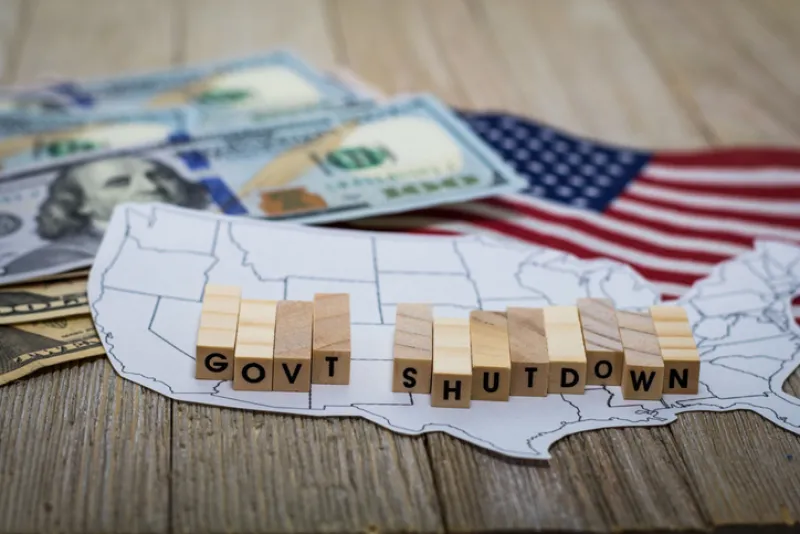
Navan Eyes $750M IPO Despite Shutdown, Coatue Among Backers
Travel and expense startup Navan is one of the few IPOs moving forward right now. Coatue participated in a prior funding round but isn’t among the largest shareholders.
Stephen Taub
October 30, 2025



